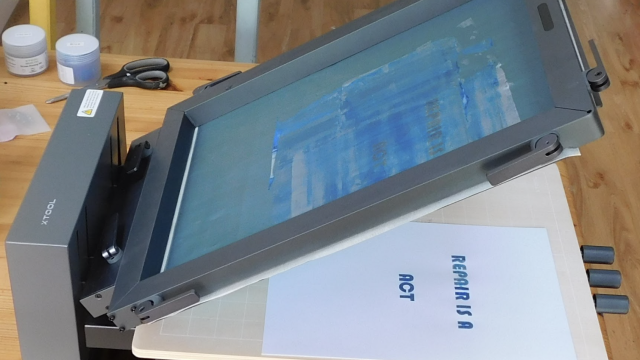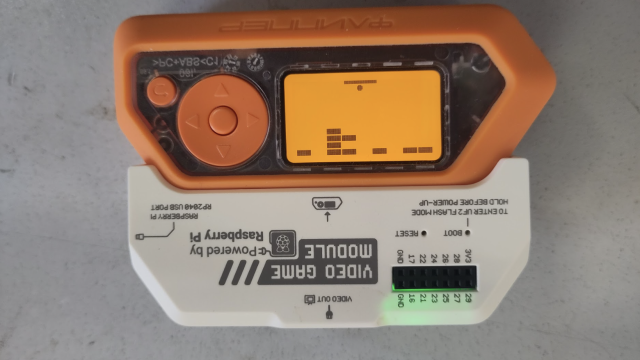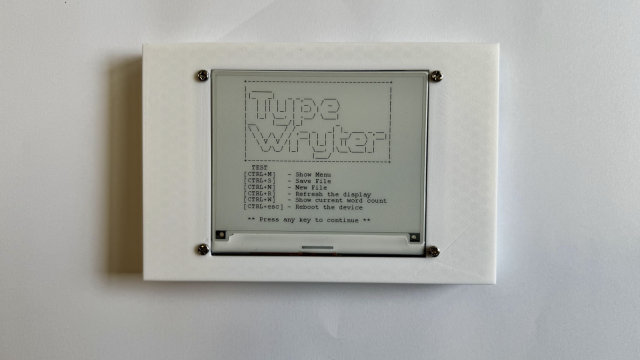The pressure of time constraints, tight budgets, and having to ‘look professional’ means making mistakes is something we don’t usually like to admit. But for me, embracing these annoying failures has become one of my greatest safety nets. They allow me to try things I would otherwise be too scared to try. They also remind me not to become too complacent and to leave time for experimentation. Hours before something is required is not the time to realise you have just made your last LED go pffft. (Yes, they do make that noise).
It has taken me a long time to reach this stage of acceptance with my failures. And, when they happen, my first response often sounds similar to the blown LED. Failure does dampen the ‘fun’ of making.
Embracing failure has helped me manage expectations – of both myself and of clients. This prevents ‘anticipointment’ – the expectation or anticipation of one thing, only to be disappointed by the final result. Although I aim for 100% perfection in what I make, I know that achieving that first time round is highly unlikely, but 80% of perfect is still pretty good.
As most of my projects are bespoke, I make it clear that I need some trial and error time: that the item will solve the problem, but the final form factor – shape, colour, number and location of blinky lights etc. – is not fixed.
Failure helps me to find systems of best practice – the way to do things that will reduce the possible number of ways in which I can muck it up. Failure has also helped me anticipate mistakes – following instructions on a ‘how-to’ is all very well, but what happens when something goes wrong? When something doesn’t quite go the way you expected? When you don’t quite have the correct parts?
The community of makers on the internet such as forums, Slack channels, Twitter etc. are brilliant for help with debugging, but it is down to me to understand and actually fix the problem. But I have found the more mistakes I make, the better I am at finding out what went wrong. The better I get at fixing mistakes, the better my making is, the more things I try, and the more fun I have.
Failure is a valid way of learning. Maybe you should try it







